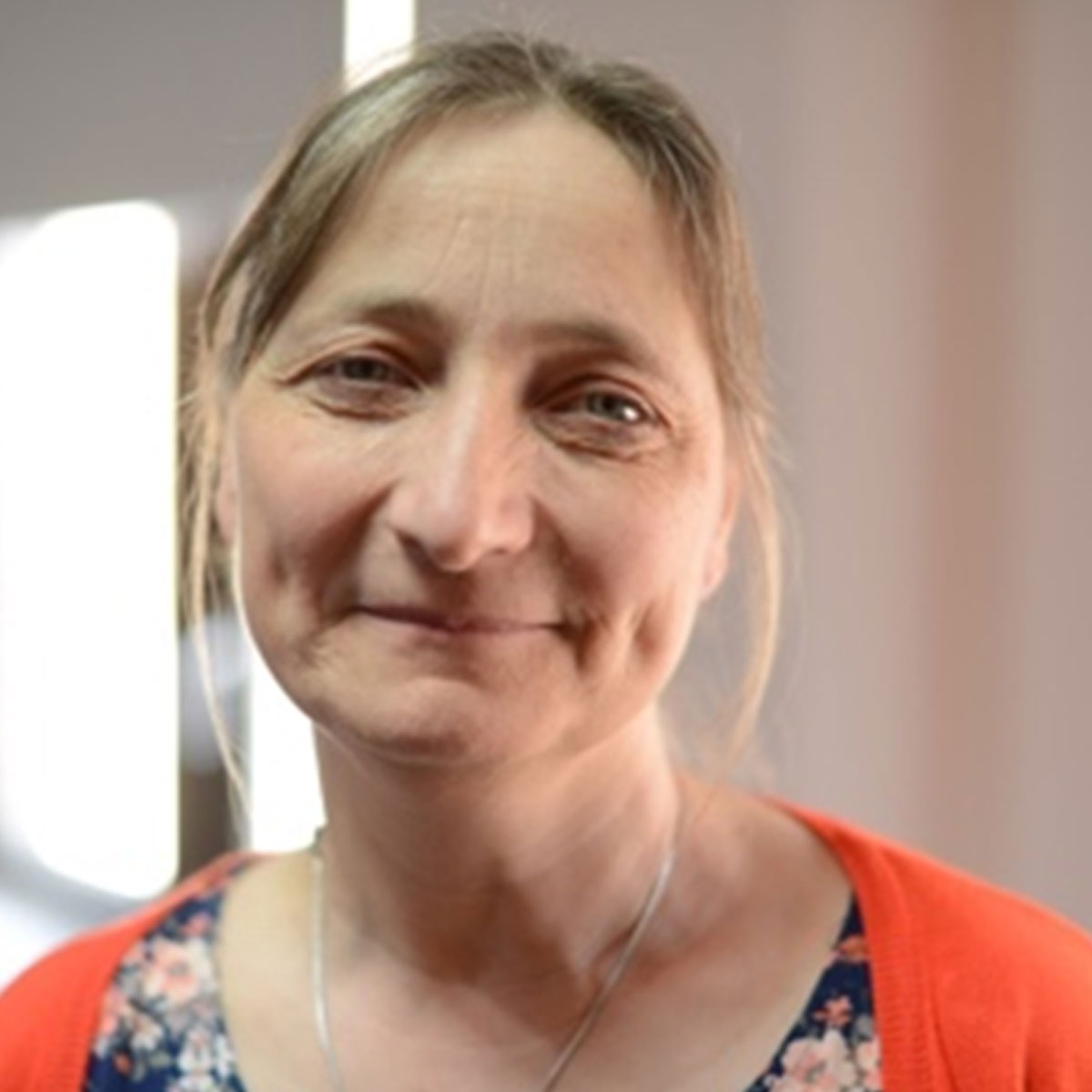Deborah Neal, Consultant Physiotherapist, Yeovil NHS Trust

Learning health coaching techniques has given me additional skills that complemented my existing enthusiasm and expertise for my clinical area of supporting self-management in those with long term or neurological conditions.
I identified a training need for staff working in the new care model to further develop their skills in health behaviour change. They had already completed the NHS House of Care training, this was the logical next step. Being a vanguard site gave us the chance to implement health coaching as a fundamental part of a new model of care being developed and implemented across primary, secondary and community care.
I have now trained a large number of people in health coaching skills from a wide variety of backgrounds including primary, secondary and community care. I also a successfully supported the creation of a brand new role for a primary care based health coach.
Some patients have found it initially challenging to be exposed to a completely different approach and expectations, however there is substantial positive feedback, and changes in health behaviour.
It is certainly one aspect of the new care model in Somerset that has made a difference to the sustainability of healthcare locally. Based on CSU data for the South Somerset registered population at all providers:
- Non-elective overnight admissions (non-ambulatory care) are down 7.5%
- Non-elective bed days are down 15.2%
- Excess bed days are down 48.9%
- In addition, a year on year historic trend of an increase in non-elective admissions of 4.5% has been avoided, giving a net benefit of 12% compared to the models not being in place.
The programme has focussed on those with the lowest PAM scores with the following results:
- 71% of level one patients improved their PAM scores between their pre- and post-intervention PAMs.
- The proportion of patients at level one reduced from 41% to 26% with corresponding increases in all the higher levels.
Deborah’s tips:
- Ensure those who are trained as accredited trainers have time to deliver the training built into their job role
- Get some influential staff (not just those employed as leaders), who are positively disposed towards the training on the course early
- Build in follow up and refresher sessions, action learning sets, peer support groups etc.There is positive power in having mixed professional and department / practice groups rather than segregating
- Think of it as a social movement rather than a training course. A passion not just a product
"Conversation doesn't just reshuffle the
cards. It creates new cards."
How talk can change our lives,
Theodore Zeldin
©better conversation 2016. All Rights Reserved. Please do not reproduce any material without prior consent.



